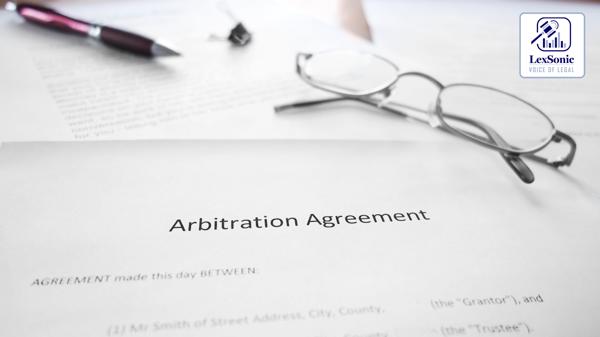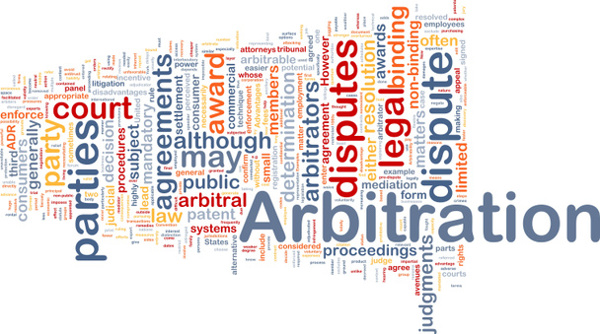Court Upholds Arbitral Tribunal’s Decision in Dispute Between DD Auto Pvt. Ltd. and Pivotal Infrastructure Pvt. Ltd.
08 August 2024
Arbitration Law >> Business & Commercial Law
In a recent decision, the court dismissed a petition challenging an arbitral tribunal's order, affirming the discretion exercised by the Sole Arbitrator in a commercial dispute. The case involved DD Auto Pvt. Ltd. (Claimant No. 2) and Pivotal Infrastructure Pvt. Ltd. (Respondent No. 1), with additional parties, Forging Pvt. Ltd. and DD Global Pvt. Ltd., also involved in the arbitration.
Background:
The arbitration concerned several claims, with DD Auto Pvt. Ltd. initially participating as Claimant No. 2. On April 24, 2024, the Sole Arbitrator allowed Forging Pvt. Ltd. to be transposed from a respondent to Claimant No. 4. This change permitted Claimant No. 4 to adopt the pleadings and documents of the other claimants to quantify its claim. Subsequently, Respondent No. 1 was given the chance to file a response-affidavit to the new affidavit submitted by Claimant No. 4.

The Dispute:
Claimant No. 2 objected to the response-affidavit filed by Respondent No. 1, arguing that the respondent had altered its defense from what was previously stated in earlier documents. The objection was based on the claim that these new submissions and additional details in the response-affidavit would hinder the claimants’ ability to adequately address and counter the revised defense.
Arbitrator’s Ruling:
On July 3, 2024, the Sole Arbitrator considered and dismissed the objection. The Arbitrator found that Respondent No. 1 had not fundamentally changed its defense but had only provided additional details. The Arbitrator permitted these details to be included, and allowed Claimants Nos. 1 to 3 to respond either during cross-examination or through an additional affidavit specifically addressing the new particulars. This decision was intended to ensure a fair process, accommodating new information while still upholding procedural fairness.

Petition for Judicial Review:
Claimant No. 2 subsequently challenged the Arbitrator’s decision under Article 227 of the Constitution of India, arguing that the order denied them a fair opportunity to respond to the new submissions. The petitioner contended that the additional details provided by the respondent made it challenging to address these new aspects during the trial.
Court’s Analysis:
The court thoroughly reviewed the arbitral decision and found no merit in the petitioner's claim of denied opportunity. The Arbitrator's allowance of an additional affidavit by Claimants Nos. 1 to 3 was deemed sufficient to address the new particulars introduced by Respondent No. 1. The court emphasized that judicial interference under Article 227 should be limited to exceptional cases where orders are patently perverse or lacking inherent jurisdiction.
Precedents and Principles:
The court referenced previous rulings, notably IDFC First Bank Limited v. Hitachi MGRM Net Limited, which outline that interference with arbitral decisions should be minimal and reserved for exceptional circumstances. The principles include ensuring that such decisions are not overturned unless they exhibit clear perversity or lack of jurisdiction.
Conclusion:
The court upheld the Arbitrator’s decision, affirming that there was no denial of due opportunity to the claimants. The petition was dismissed, underscoring the court's stance on limited judicial intervention in arbitration matters. The petitioner was advised to request reasonable time from the Arbitrator to file an additional affidavit to address the new submissions from Respondent No. 1. This ruling reinforces the commitment to respecting the arbitral process and limiting court intervention to preserve the efficiency and integrity of arbitration as a dispute resolution mechanism.
Arbitration and Conciliation Act, 1996
